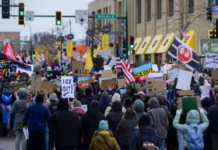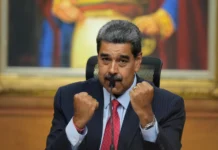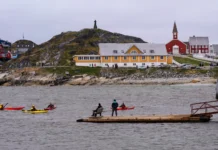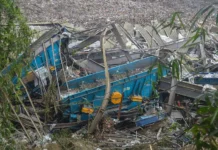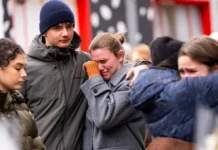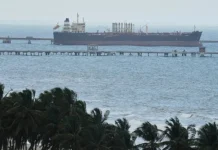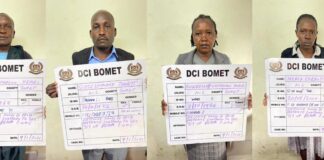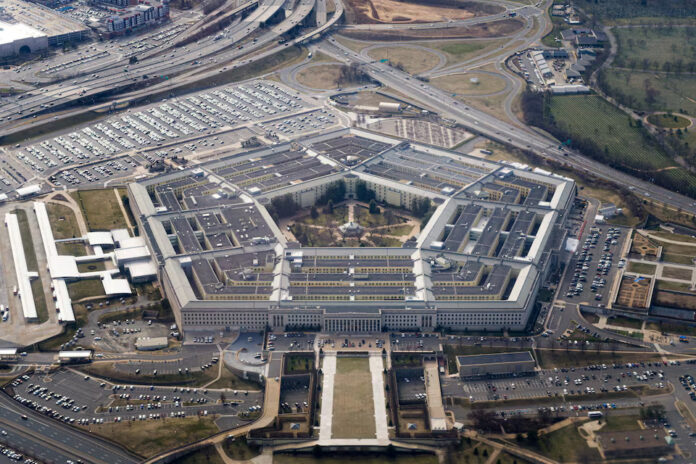
The U.S. military conducted a strike on Thursday against a suspected drug-trafficking vessel in the Caribbean, and for the first time, survivors were found among the crew, a U.S. official told Reuters.
The official, who spoke on condition of anonymity, did not provide further details about the number or condition of the survivors but said it was unclear whether the mission was intended to spare lives.
The incident, which has not been previously reported, raises new questions about whether the U.S. rendered medical aid to the survivors and whether they are now in U.S. custody, potentially as prisoners of war.
The Pentagon did not immediately respond to requests for comment.
It has consistently described targets of recent maritime strikes as “narcoterrorists,” arguing that the operations fall within the scope of the United States’ ongoing campaign against drug-linked militant groups operating out of Venezuela.
Prior to Thursday’s operation, U.S. military strikes on suspected narcotics boats off the Venezuelan coast had killed at least 27 people, sparking concern among legal experts and Democratic lawmakers over whether such actions comply with international law.
Videos previously released by the Trump administration showed boats being completely destroyed, with no evidence of survivors.
The strike comes amid a growing U.S. military buildup in the Caribbean, which now includes guided missile destroyers, F-35 fighter jets, a nuclear submarine, and about 6,500 troops.
President Donald Trump has described the campaign as part of a broader effort to “neutralize narcoterrorism” and pressure Venezuelan President Nicolas Maduro.
On Wednesday, Trump confirmed he had authorized the Central Intelligence Agency to conduct covert operations inside Venezuela, fueling speculation in Caracas that Washington is pursuing regime change.
In a letter to the United Nations Security Council seen by Reuters, Venezuela’s U.N. ambassador Samuel Moncada urged the council to declare the U.S. strikes illegal and issue a statement reaffirming Venezuela’s sovereignty.
The latest operation also comes as the Pentagon reorganizes its command structure in the region.
Last week, the Department of Defense announced that future counter-narcotics missions in the Caribbean would be led not by U.S. Southern Command, based in Miami, but by the II Marine Expeditionary Force (II MEF), a rapid-deployment unit headquartered at Camp Lejeune, North Carolina.
The shift surprised many defense analysts, since a combatant command like Southern Command would normally oversee such operations.
Earlier Thursday, Defense Secretary Pete Hegseth announced that Admiral Alvin Holsey, head of Southern Command, would step down two years ahead of schedule.
Senator Jack Reed, the top Democrat on the Senate Armed Services Committee, called Holsey’s resignation “deeply troubling,” citing fears of an unchecked escalation toward military confrontation with Venezuela.
“Admiral Holsey’s resignation only deepens my concern that this administration is ignoring the hard-earned lessons of previous U.S. campaigns and the advice of our most experienced commanders,” Reed said.
As questions mount over Thursday’s unprecedented strike and the fate of the survivors, the incident underscores the rising stakes, and growing controversy, surrounding the Trump administration’s military operations in the Caribbean.
Source: Reuters
Written By Rodney Mbua











